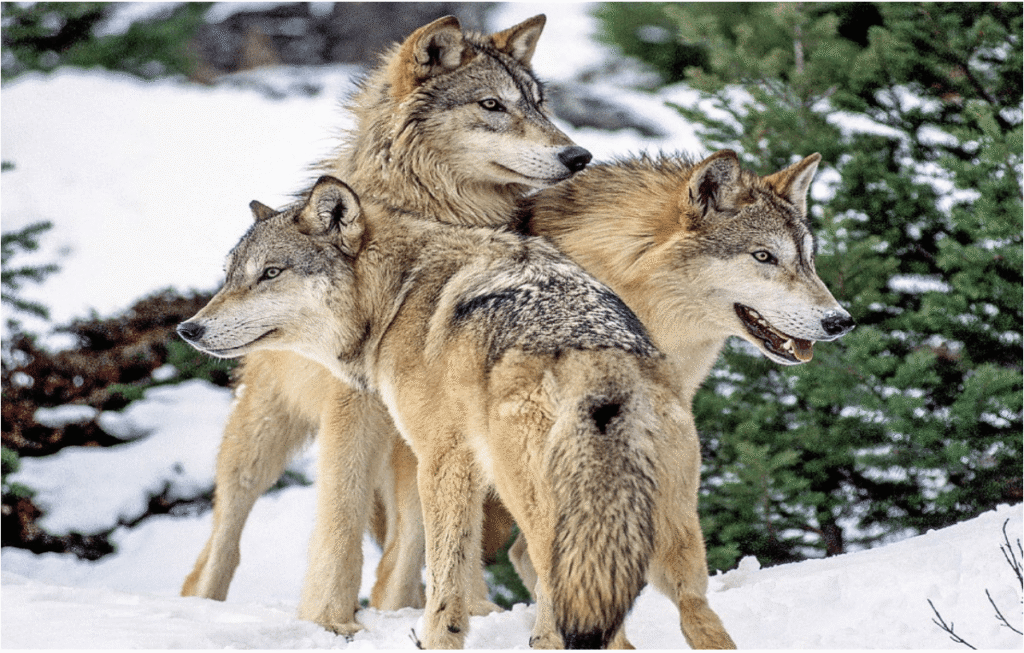The Montana Fish and Wildlife Commission has approved new wolf hunting and trapping regulations aimed at decreasing the state’s wolf population. This decision follows extensive discussion among commission members and public input, with strong opinions on both sides. The new statewide wolf quota aligns with a wider legislative effort to manage Montana’s wolves effectively. Several organizations, some critical of the decision and others supportive, have made their voices heard regarding these changes.
After six hours of debate, the commission decided on a 500-wolf quota, despite significant public opposition. Critics argue the wolf population estimate is politically motivated, not scientifically driven, and stress the ecological and economic importance of wolves, particularly near Yellowstone National Park. Opponents include groups like the Wild Livelihoods Business Coalition and Trap Free Montana.
Conversely, organizations like the Foundation for Wildlife Management and Montana Trappers Association support the regulations. They claim wolf numbers have been stable and suggest increasing the quota, bag limits, and hunting tools like infrared scopes to meet legislative goals.
This regulation echoes debates from earlier legislative sessions about reducing wolf numbers. Republican representatives, including Paul Fielder and Shannon Maness, have encouraged aligning regulations with legislative aims to cut the wolf population, citing past legislative efforts in 2021 and 2025.
Democratic Representative Jamie Islay argues against a broad quota, noting declines in livestock depredations and stable ungulate populations. “We don’t do statewide quotas for deer, elk, or moose. We manage by area due to our diverse ecological environment,” Islay stated.
The commission passed several amendments from Montana Fish, Wildlife and Parks, establishing a 452-wolf statewide quota. Region 3, near Yellowstone, has a specific 60-wolf quota with smaller quotas for units north of the park. Hunters have a bag limit of 15 wolves, and infrared scopes are now permitted on private lands. The general hunting season runs from September 15 to March 15, and trapping from December 1 to March 15, with some regional variations to prevent conflicts with protected grizzly bears.
The new regulations also remove wolf-trap setbacks in certain areas, and the commission plans to review these rules again next summer.
RELATED

Feds violated Endangered Species Act in denying gray wolf protections, court rules
A federal court in Missoula sided with environmental groups, blocking a federal decision to remove Western gray wolves from Endangered Species Act protections. Judge Donald Molloy ruled that the U.S. Fish and Wildlife Service violated the act in its 2024 decision…
—
Read More Montana News










